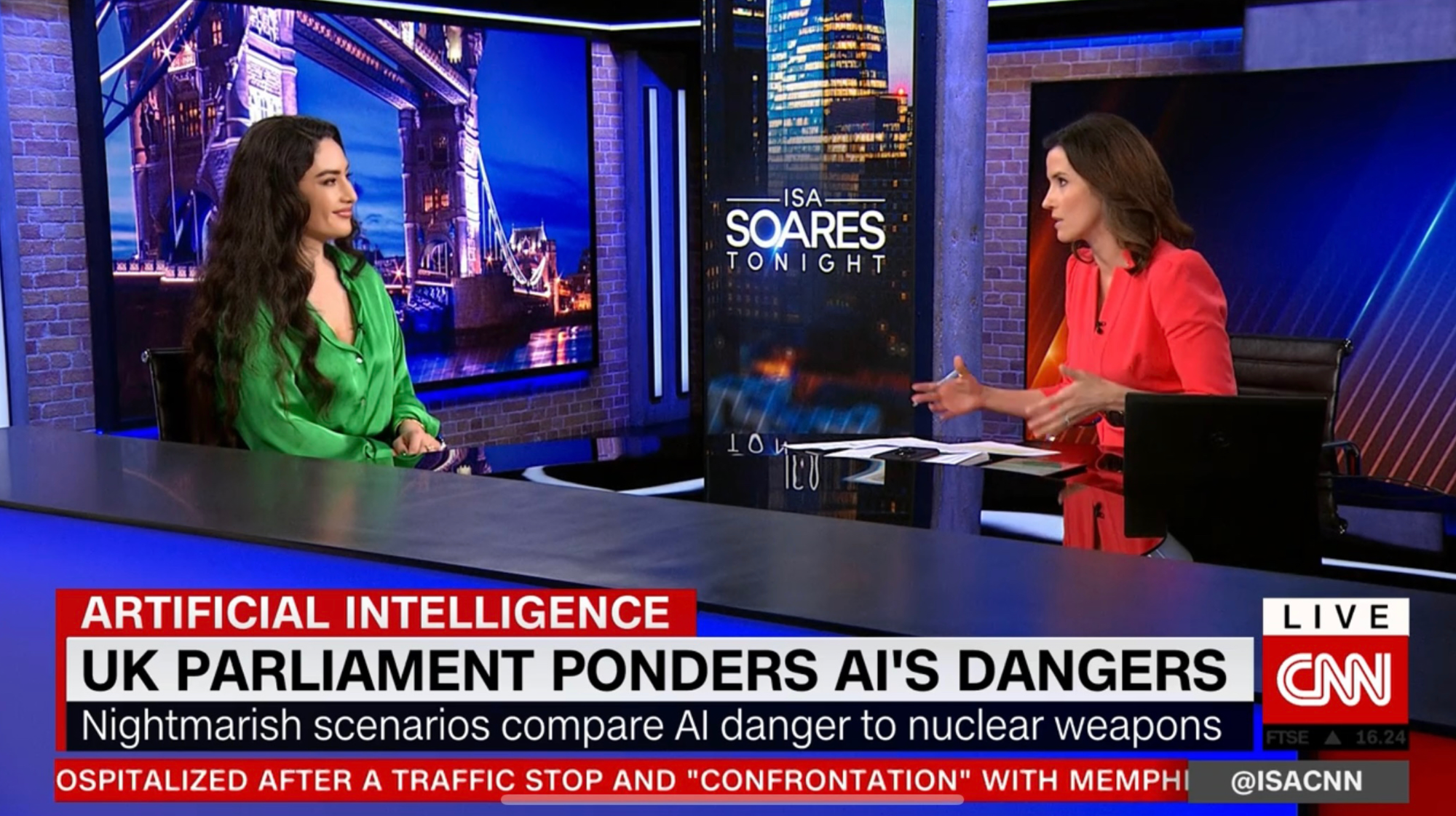Is the world ready for an agentic AI revolution?
"No," says ethical AI council.

OpenAI CEO Sam Altman has predicted that virtual AI employees could join the workforce as soon as this year - which means businesses have a lot of work to do in order to ensure they are deployed safely.
First movers who boldly roll agentic AI could race ahead of their competitors. Yet they could also crash and burn if a model makes the sort of mistake that, well, they are known to make.
Whether Altman's forecast is true or not, it is unlikely that any organisation will trust them to do important jobs without a human in the loop.
Which gives us some time to think about how to responsibly deploy AI. Generally, humans approach risky new technology like an excited child opening a birthday present. Tear off the wrapper, break it open carelessly and then play with abandon, only stopping to think once the damage has been done.
We have a chance to avoid that and make the right decisions today to ensure the agentic AI revolution is as bloodless as possible. But what will those be?
Three members of the Qlik AI Council got in touch to share with Machine to give us their thoughts. Qlik, a provider of AI, data and analytics solutions, set up the council to "guide organisations in adopting AI responsibly, ensuring it is built on clean, trusted and governed data" to prevent bias.
Adaptability: A key skill of the AI Age
Dr Rumman Chowdhury, CEO and founder of Humane Intelligence, is a member of the council. Her company is a tech non-profit that's "building a community of practice around algorithmic evaluations" and developing a platform to assess AI model performance.
She said: “The AI agent revolution is approaching, but are organisations prepared for it? No.
"Siloed structures, fragmented data protocols, and deep-rooted institutional inertia are creating significant barriers.
"The challenge isn't technological capability, but organisational ability to adapt.
"Successful agent adoption requires more than software installation – it demands a fundamental reimagining of workflow, communication, and decision-making processes.
"Companies must break down internal barriers, develop robust data-sharing frameworks, and cultivate a culture of technological openness to really benefit from the agentic era. Starting with simple agents and stress-testing them within an organisation is a crucial first step."
What will happen when agentic AI becomes mainstream?

By 2030, multi-agent architectures won't be revolutionary, but the normal, accepted way to deal with complex workflows, predicted Nina Schick, author, advisor and speaker specialising in GenAI.
"Agents and multi-agent architecture will become the de facto reality," she said.
"As intelligence becomes more sophisticated, both by default and design, agents will start working and competing with one another to undertake complex workflows.
"And unlike people, they’re not going to get sick, or tired. For businesses that's tremendously exciting.
"It won’t happen next year, but by 2030, multi-agent architectures won't be revolutionary; it'll be ordinary. Businesses, from Fortune 500 giants to two-person startups, will harness this intelligence at their fingertips.”
What role will humans have in the workplace when AI takes over?

The rise of autonomous AI will shift the focus of human roles towards oversight and strategy, Kelly Forbes, Co-Founder and Executive Director of the AI Asia Pacific Institute, told Machine. She also pointed out the importance of organisational adaptability - a skill, characteristic and mindset that will define the people and businesses that survive the AI revolution.
She said: "We're seeing a clear trend toward more autonomous AI systems, capable of handling interconnected tasks with reduced human intervention. However, this doesn't diminish the human element - it transforms it.
"Organisations must focus on preparing their workforce for evolving roles, particularly in oversight and strategic direction. And they need to remember that preparation for AI integration isn't a one-time exercise but a continuous journey of adaptation and evolution.”
Have you got a story to share? Get in touch and let us know.




